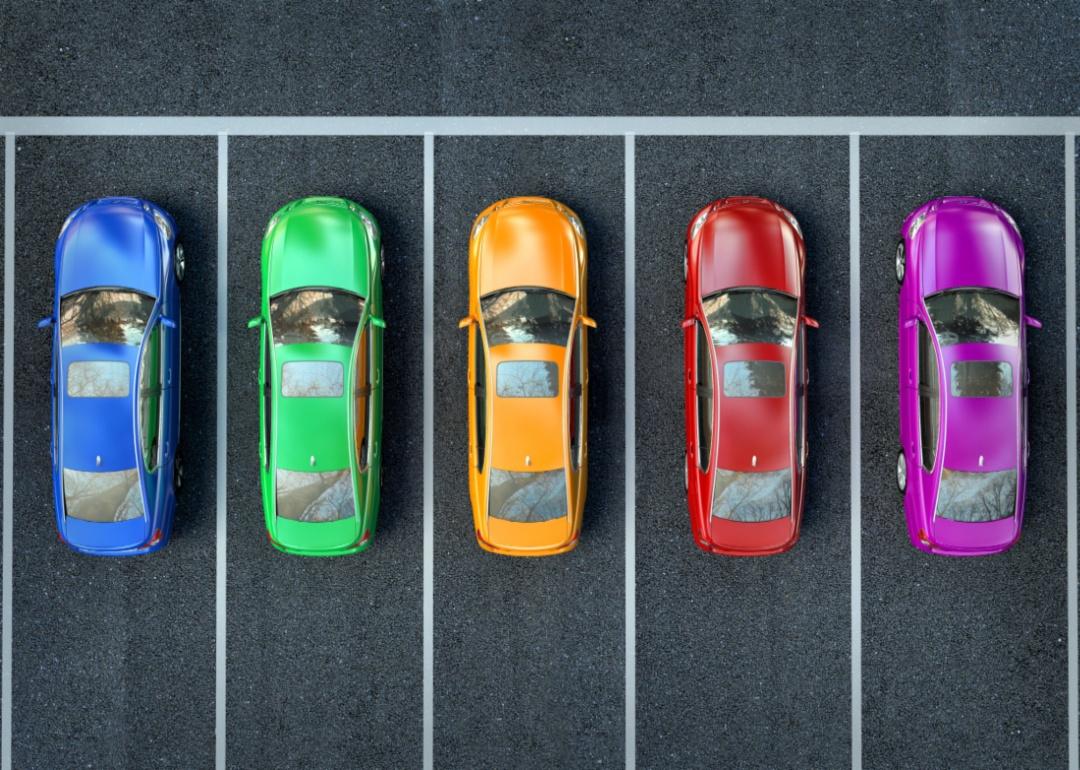
Most popular car colors in America
This story originally appeared on CheapInsurance.com and was produced and distributed in partnership with Stacker Studio.
Most popular car colors in America
Take a stroll around a vintage car show, and you'll see pops of color everywhere. You might spot a 1969 Plymouth Roadrunner in bright yellow, a common color in the muscle car era, or a 1975 Chevy Nova in sleek orange.
But parking garages and driveways today are filled with white, gray, and black cars—so what gives? Have drivers become more boring and, therefore, now choose more muted colors for their cars? White tops the charts, with 25% of all new car registrations in 2023 being white, according to Edmunds.
To see what colors hold sway today, CheapInsurance.com compiled a ranking of the most popular car colors in America using data from Edmunds. Car colors were ranked based on their market share of new vehicle retail registrations to individuals in 2023.
Neutrals still top the list of popular car colors, but there are some surprising shades when you get further down. Historically, there are several forces at play when it comes to changing color preferences in cars, including the development of various painting technologies over the years, larger economic trends, and, of course, consumers' preferences, the Consumerist explained.
Ford's original Model T was only offered in black since the black asphalt enamels used on the production line dried the quickest and were more durable than other oil-based options. Assembly-line innovations following World War I allowed for colored cars for the first time, and in 1923, Duco paint arrived on the scene, offering an additional array of beautiful colors.
Car manufacturers often hire color experts and assemble focus groups to hypothesize what might be the hot new color, but for the past several decades, black, white, and their child, gray, have led the way in sales.
The recession in the early 2000s may have nudged consumers to more "neutral" colors, Barb Whalen, color and materials design manager at Ford Motor Company, told the Consumerist. Plus, Apple's sleek white tech products helped solidify the color (or lack thereof) as the hue of the future, as consumers may subconsciously decide to match their iPhone to their new Camry.
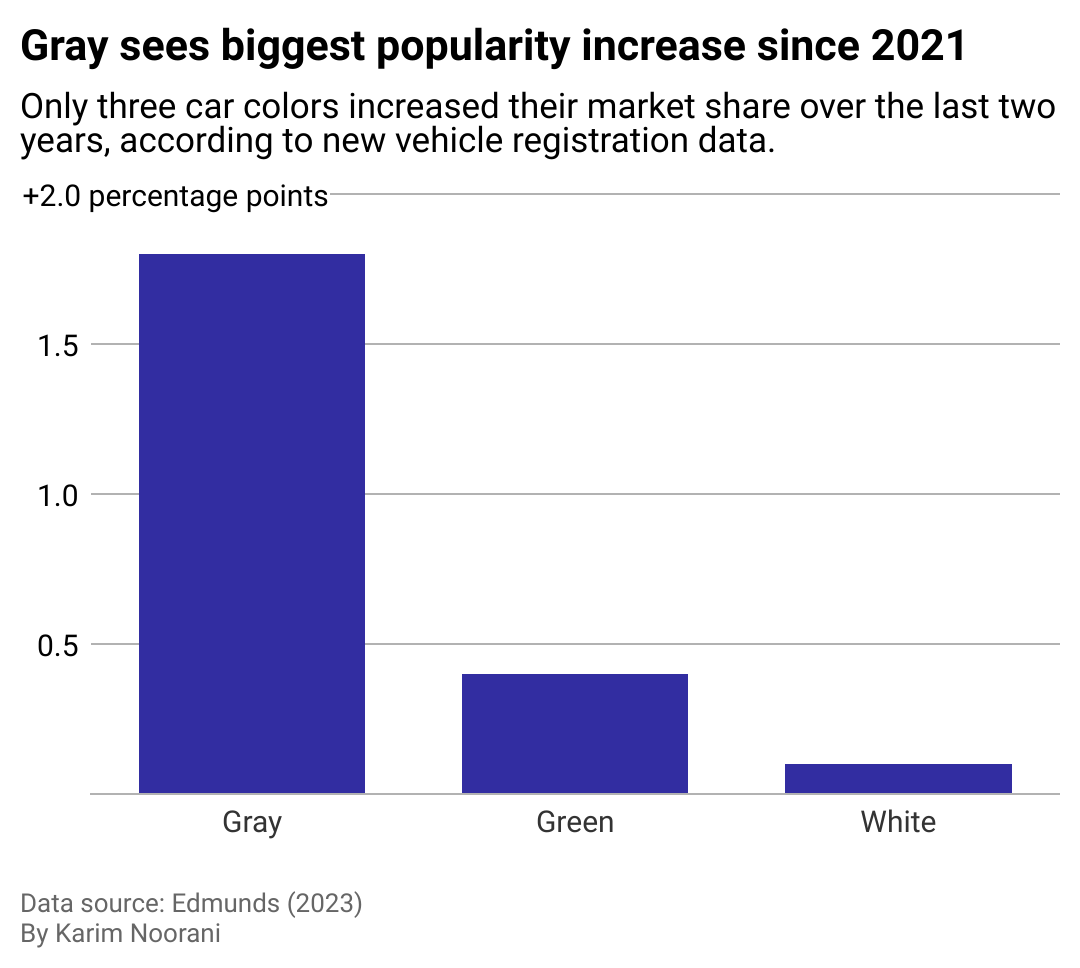
Green increased market share the most out of non-grayscale colors
Gray, green, and white increased their market share over the past two years, according to Edmunds data.
White increased only slightly but was still the most-purchased car color, with a staggering 25% of all new car sales to individuals being white. The data only included vehicle registrations to individuals, but white is also a popular color for corporate and government fleets. While white cars can be challenging to keep clean, they are known to be the best when it comes to concealing dust and grime, potentially making white a safer bet for consumers who don't want to spend extra time and money maintaining their car's appearance.
Gray and silver are "practical colors, yet are slightly more novel than white and black," Karl Brauer, Executive Analyst for iSeeCars, told Forbes. Gray and silver also have decent resale value, losing 22.5% and 23.2% of their value over three years, respectively, as of June 2023, according to Chase.
Perhaps surprisingly, Chase also notes yellow, orange, and red cars retain the highest resale values, likely because they are rare.
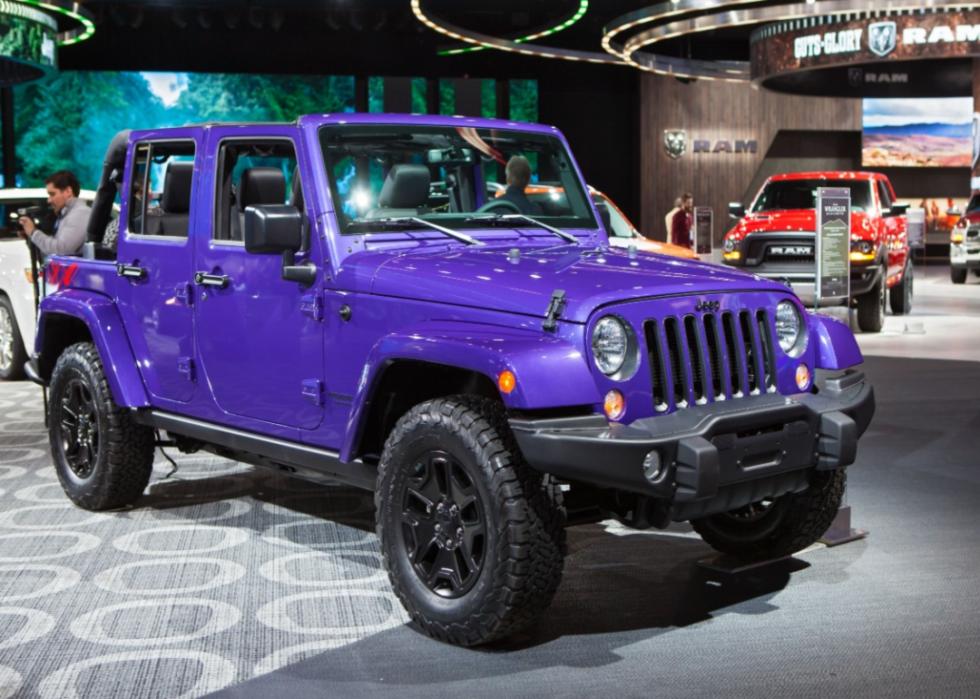
#12. Purple
- Market share: 0.1%
- Two-year change: -0.1%
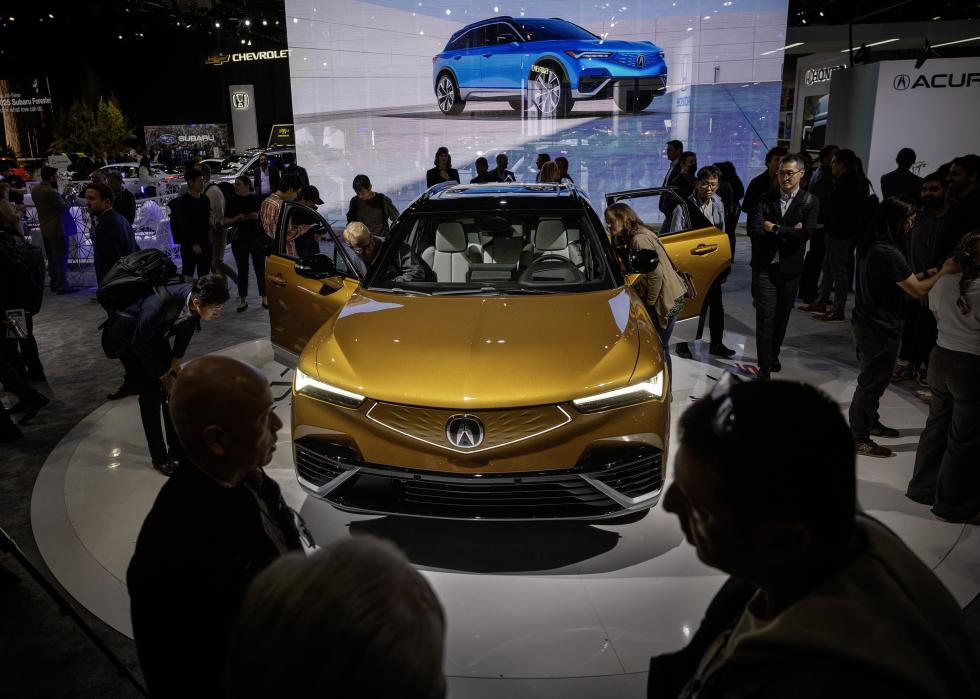
#10. Gold (tie)
- Market share: 0.2%
- Two-year change: -0.1%
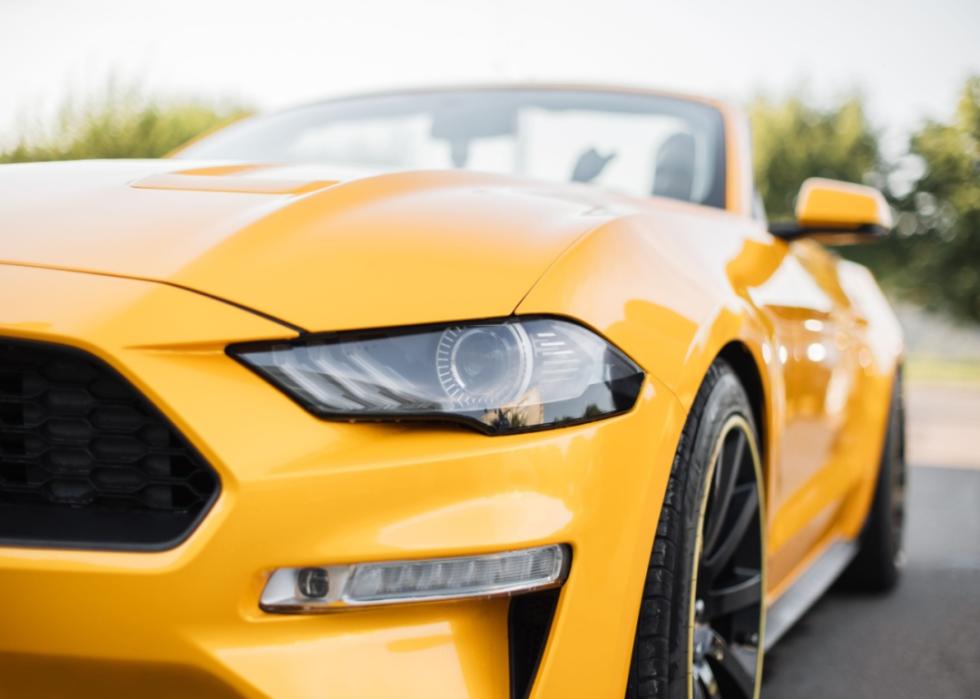
#10. Yellow (tie)
- Market share: 0.2%
- Two-year change: 0%
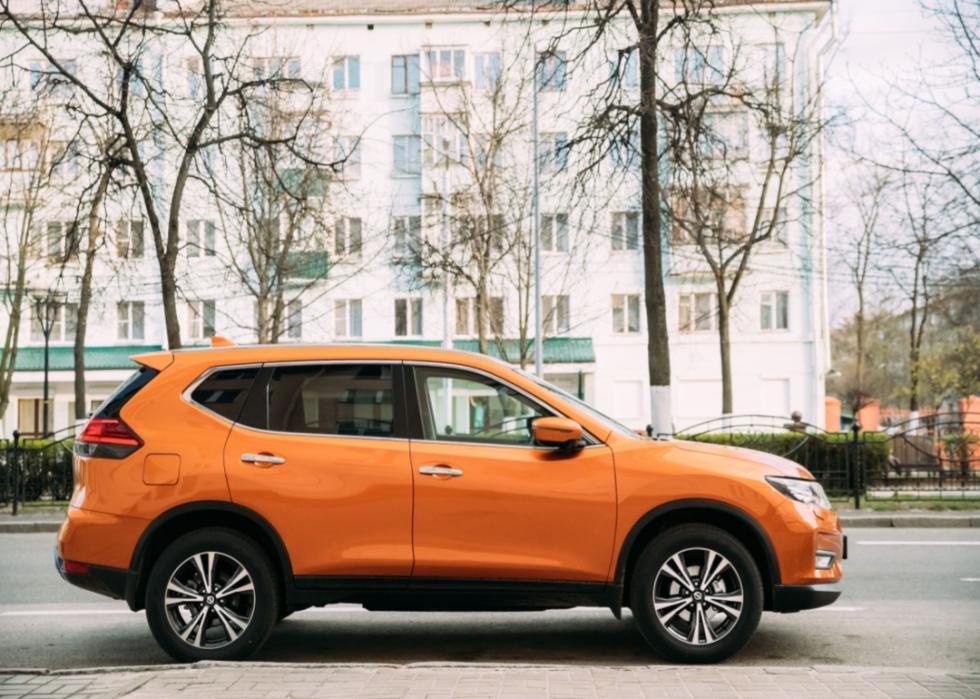
#9. Orange
- Market share: 0.6%
- Two-year change: 0%
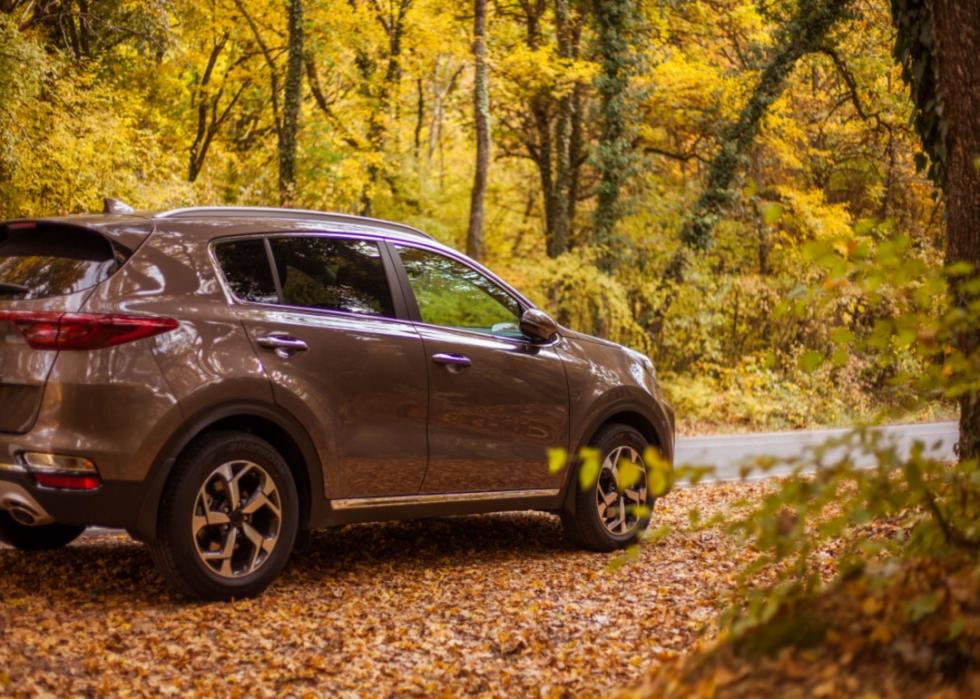
#8. Brown
- Market share: 1.3%
- Two-year change: -0.5%
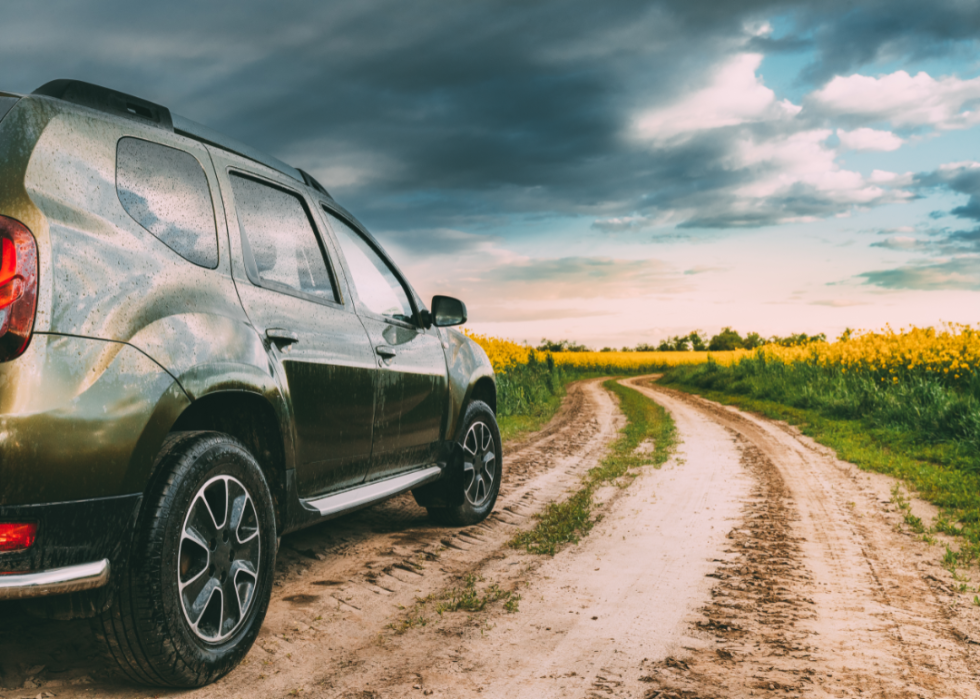
#7. Green
- Market share: 1.8%
- Two-year change: +0.4%
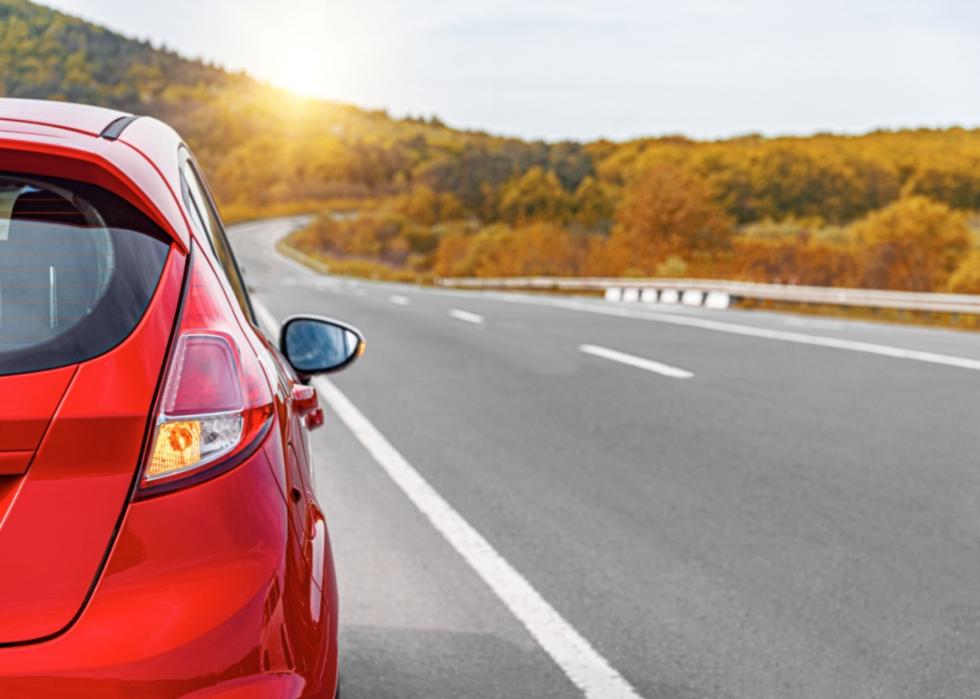
#6. Red
- Market share: 8%
- Two-year change: -1%
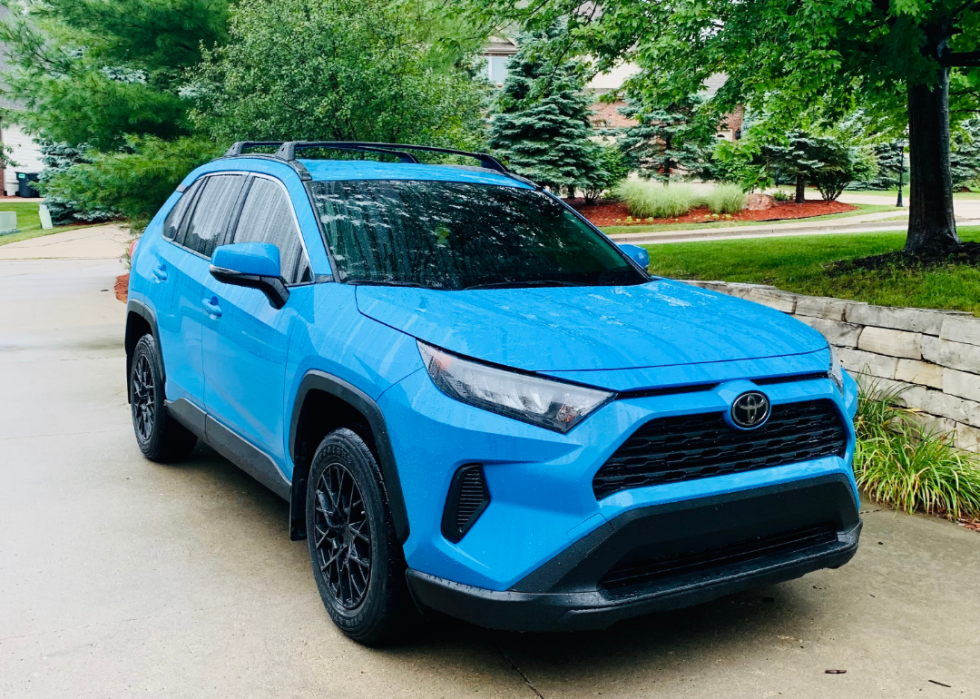
#5. Blue
- Market share: 10%
- Two-year change: 0%
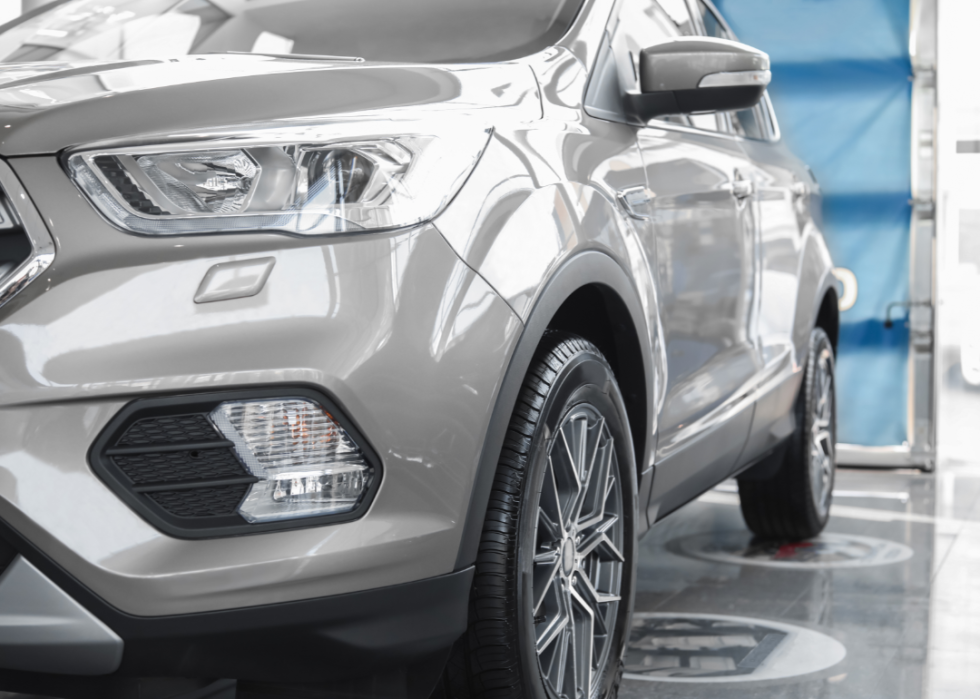
#4. Silver
- Market share: 11%
- Two-year change: -1.6%
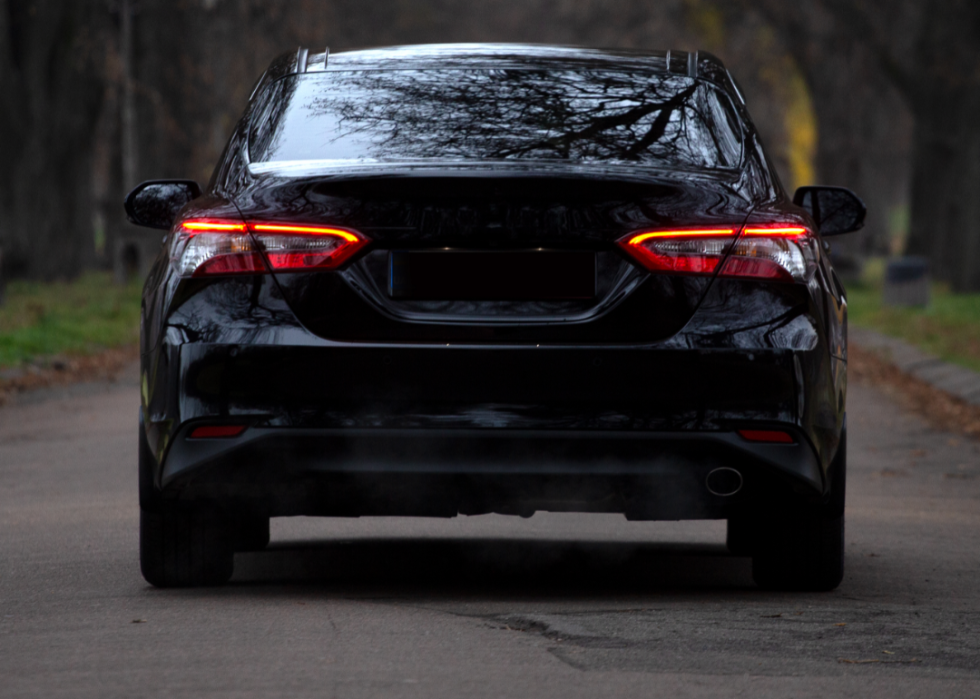
#3. Black
- Market share: 20%
- Two-year change: 0%
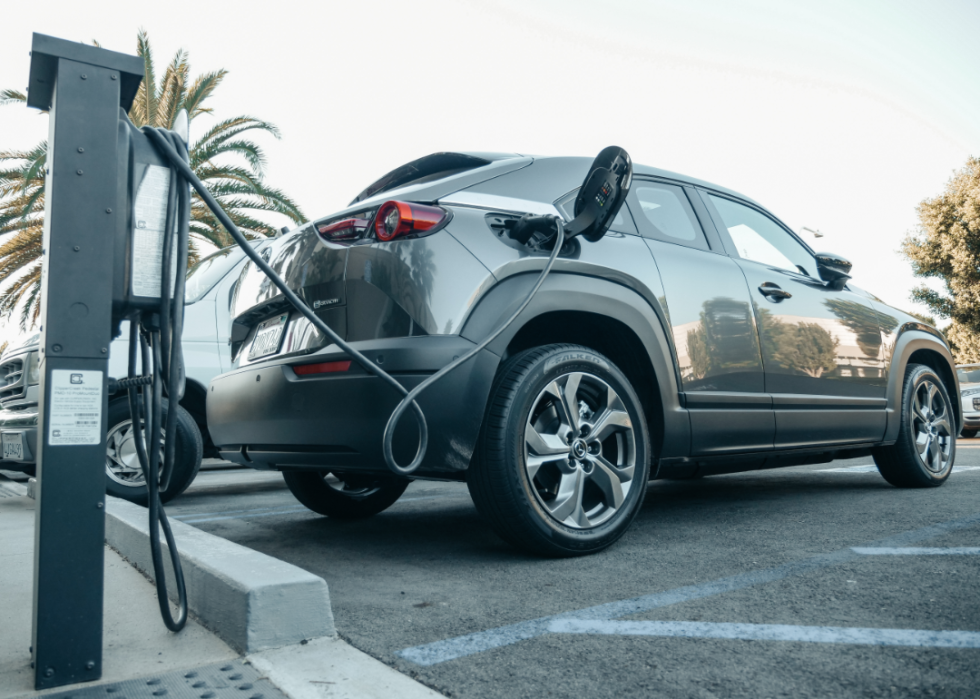
#2. Gray
- Market share: 21%
- Two-year change: +1.8%
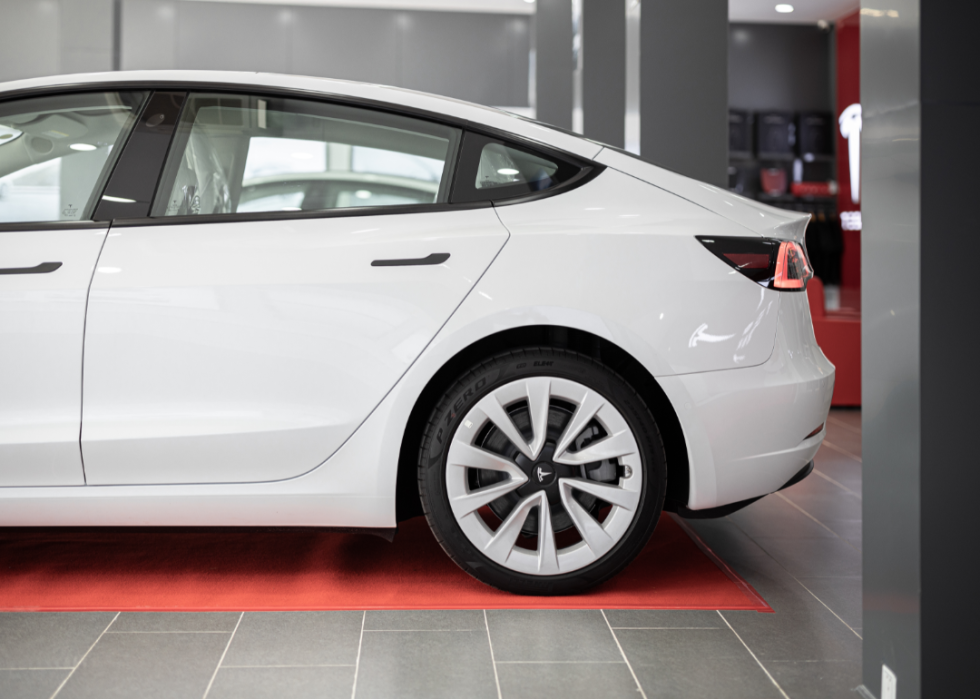
#1. White
- Market share: 25%
- Two-year change: +0.1%
Story editing by Carren Jao. Additional editing by Kelly Glass. Copy editing by Tim Bruns. Photo selection by Lacy Kerrick.



